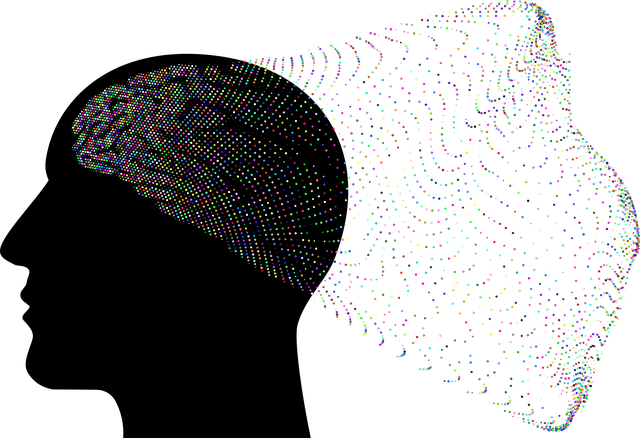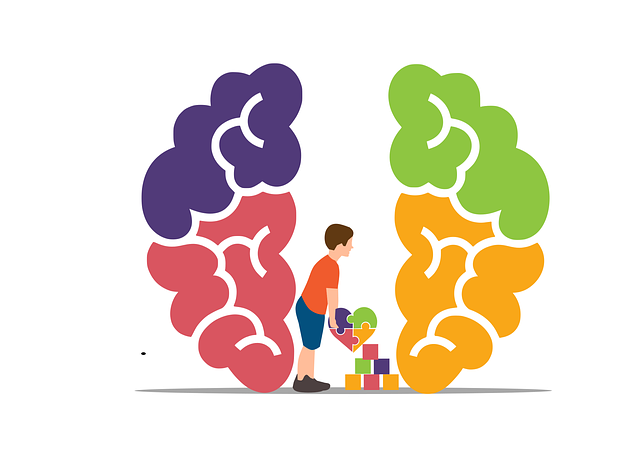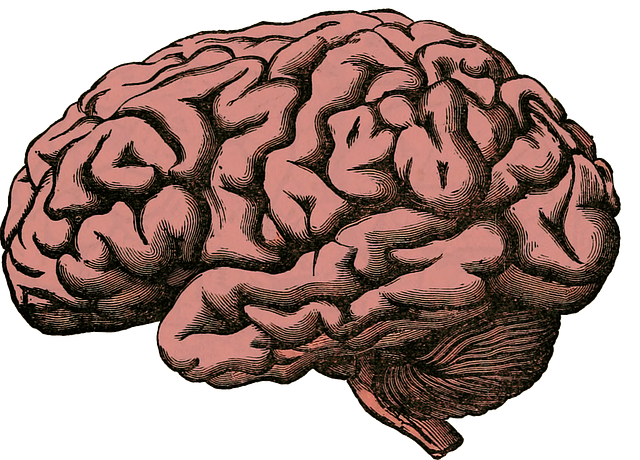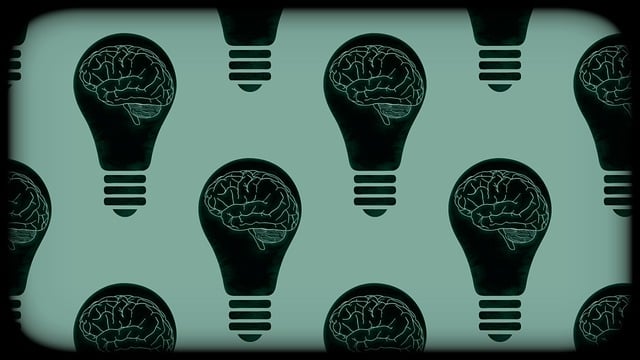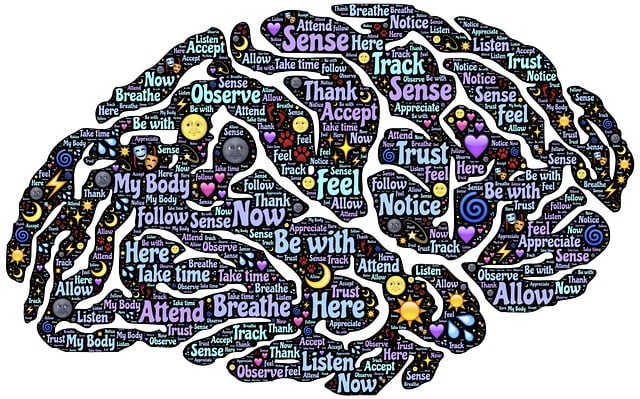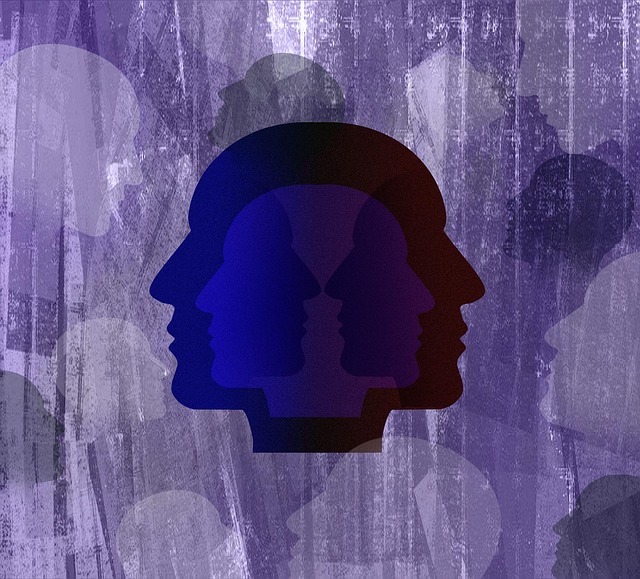Arvada Neuro Disorders Therapy (ANDT) emphasizes cultural diversity in mental healthcare, addressing systemic barriers and integrating traditional healing methods. They prioritize inclusive practices, empathy-building communication, and culturally relevant interventions to empower clients from diverse backgrounds. ANDT's holistic approach enhances engagement, builds resilience, and improves outcomes, transforming patient experiences and contributing to community wellness through innovative initiatives.
In today’s diverse society, cultural sensitivity is paramount in mental healthcare. The field must adapt to meet the unique needs of individuals from various backgrounds, as cultural nuances significantly impact mental health and treatment outcomes. This article explores these dynamics, delving into the challenges faced by practitioners, offering strategies for enhancing cultural competency, and presenting case studies, including Arvada Neuro Disorders Therapy, where cultural sensitivity has been successfully implemented.
- Understanding Cultural Diversity in Mental Healthcare
- Challenges and Barriers to Culturally Sensitive Practice
- Strategies for Enhancing Cultural Competency
- Case Studies: Successful Implementation of Cultural Sensitivity in Arvada Neuro Disorders Therapy
Understanding Cultural Diversity in Mental Healthcare

In the diverse landscape of mental healthcare, understanding cultural diversity is paramount to providing effective and compassionate treatment. At Arvada Neuro Disorders Therapy, we recognize that every individual brings their unique cultural background, shaped by a myriad of factors including traditions, beliefs, and historical experiences. This cultural tapestry influences not only how people express emotions but also their perceptions of health, illness, and healing. By embracing this diversity, our practice aims to create a safe and inclusive environment where clients feel understood and supported.
Cultural sensitivity involves acknowledging the impact of systemic barriers and biases that can affect access to care. It also entails learning about different cultural practices related to mental well-being, such as traditional healing methods or coping strategies unique to specific communities. By integrating these insights into our therapeutic approaches, we foster better connections with clients, enhancing their willingness to engage in burnout prevention efforts, resilience building, and coping skills development. This holistic understanding enables us to tailor interventions that resonate with individuals’ cultural identities, ultimately improving treatment outcomes.
Challenges and Barriers to Culturally Sensitive Practice

Navigating culturally sensitive practices in mental healthcare can pose several challenges and barriers for professionals, especially when serving diverse communities like those sought by Arvada Neuro Disorders Therapy. One significant obstacle is the lack of cultural competency training in many educational programs, leaving practitioners with limited tools to understand and address unique cultural needs. This gap often results in miscommunication and insensitive approaches, hindering effective therapy.
Additionally, language barriers create complexities, especially when relying on literal translations during therapy sessions. Empathy building strategies become crucial here, encouraging professionals to learn basic phrases or use interpretation services to foster better connections. Effective communication strategies are essential for overcoming these challenges, ensuring that every client, regardless of cultural background, receives personalized self-care practices tailored to their specific needs and beliefs.
Strategies for Enhancing Cultural Competency

Enhancing cultural competency in mental healthcare requires a multifaceted approach that goes beyond basic training. At Arvada Neuro Disorders Therapy, we prioritize creating an environment where diverse communities feel seen and heard. One effective strategy is to encourage open dialogue about cultural identities and experiences within therapeutic settings. This fosters understanding and ensures practices are sensitive to the unique needs of each client.
Additionally, integrating culturally relevant interventions and resources can significantly impact care. Incorporating techniques that resonate with specific cultural backgrounds, such as mindfulness practices adapted from ancient traditions or storytelling approaches used in various communities, can enhance engagement and promote better outcomes. By focusing on mental wellness, resilience building, and self-esteem improvement through these lens, therapists at Arvada Neuro Disorders Therapy aim to provide personalized support that respects and celebrates individual cultural identities.
Case Studies: Successful Implementation of Cultural Sensitivity in Arvada Neuro Disorders Therapy

In Arvada Neuro Disorders Therapy (ANDT), cultural sensitivity has been successfully integrated into their practice, leading to improved patient outcomes and enhanced service delivery. ANDT recognizes that understanding a patient’s cultural background is paramount in providing effective treatment for neuro disorders. They have implemented various strategies, such as hiring culturally diverse staff and offering language interpretation services, to ensure every patient receives care tailored to their unique needs.
Through case studies and feedback from both patients and families, ANDT has demonstrated the positive impact of these initiatives. Public Awareness Campaigns Development and Mental Wellness Coaching Programs Development have played a significant role in increasing mental health awareness among diverse communities, fostering an environment where individuals feel comfortable seeking help without fear of judgment or cultural miscommunication. This approach has not only revolutionized the way ANDT interacts with its patients but also contributed to the broader goal of promoting Mental Health Awareness and improving overall community wellness.
In conclusion, cultural sensitivity is an indispensable aspect of mental healthcare practice. By understanding and addressing diversity within this domain, as exemplified by Arvada Neuro Disorders Therapy’s successful strategies, professionals can overcome challenges and barriers to provide more inclusive and effective care. Enhancing cultural competency through education, training, and adaptive practices ensures that individuals from various backgrounds receive tailored support, fostering improved mental health outcomes and stronger communities.



